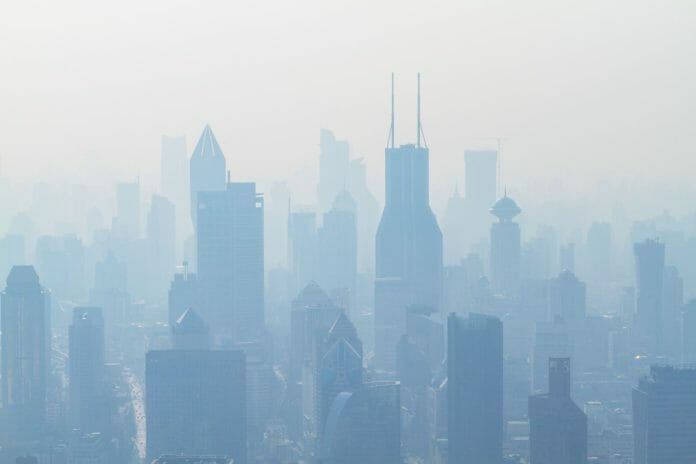
Published by BusinessToday, image by BusinessToday.
The little-known Malaysian National Carbon Credit Registry (MYNCCR) is a platform that was established in 2011 to facilitate the trading of carbon credits in Malaysia as well as for Malaysia to be compliant with the Paris Rule Book. It is a voluntary registry that allows companies to register and track their carbon credits, as well as to buy and sell them. The MYNCCR is managed by the Malaysian Green Technology Corporation (MGTC), which is under the Ministry of Energy, Science, Technology, Environment, and Climate Change (MESTECC).
With interest in the carbon marketplace growing rapidly, digitizing the MYNCCR is the next requisite step to revive the registry and promote sustainable practices in Malaysia. While the MYNCCR has facilitated the trading of over 1.5 million carbon credits resulting in a reduction of over 1.2 million tonnes of carbon dioxide emissions, the manual process of registering, issuing, transferring, and verifying carbon credits has limited its success. Since its inception, the registry has failed to gain traction and its functions remain largely dormant. The last carbon credit issuance was made in 2020.
Digitizing carbon credit accounting will provide several benefits and improve efficiency, transparency, and accessibility.
- Increased Transparency: a digitized certification platform will increase transparency in the carbon market, allowing for more accurate tracking of carbon credits and their associated benefits. This will promote accountability and enable businesses and individuals to make more informed decisions about the carbon credits they trade.
- Improved Efficiency: digitalization will improve efficiency and reduce the cost of transactions in the carbon market. This will streamline the process of carbon credit trading, making it faster and more accessible to all companies registered with the Malaysian Companies Commission.
- Increased Control: an efficiently functioning platform will provide Malaysia with increased control over the carbon market, allowing it to set its own rules and regulations for carbon trading. This will ensure that the market is operating in a fair and transparent manner and that all participants are adhering to the same standards.
- Increased Investment: a vibrant and national carbon registry will attract more investors to the carbon market. The increased transparency, efficiency, and control of the market will provide investors with more confidence in the system, making them more willing to invest in carbon credits.
- Increased Revenue: By having its own registry, Malaysia would be able to collect fees from carbon credit transactions, providing an additional source of revenue for the country. The government can charge fees for carbon credit transactions, which will help to fund other sustainable initiatives.
Benefits of digitization include increased transparency, improved efficiency, increased control, increased investment, and increased revenue. To enable the necessary technology and resources, the government should work with private organizations to create an official digital carbon certification registry and authorize the credits registered on its ledger for use amongst local participants in both the mandatory and voluntary carbon marketplace, as well as promote this platform for regional use.
Positioning itself as a regional carbon credit certification standard amongst ASEAN nations in SE Asia can provide several advantages for Malaysia, including increased visibility, greater economic opportunities, improved regional cooperation, higher levels of investment in green technologies, and better environmental protection. Malaysia can play a crucial role in promoting sustainable practices in the region and positioning itself as a leader in the global effort against climate change.
Dr Rais Hussin is the president and chief executive officer of EMIR Research, a think tank focused on strategic policy recommendations based on rigorous research. He is now attending the Mobile World Congress 2023 in Barcelona, Spain

